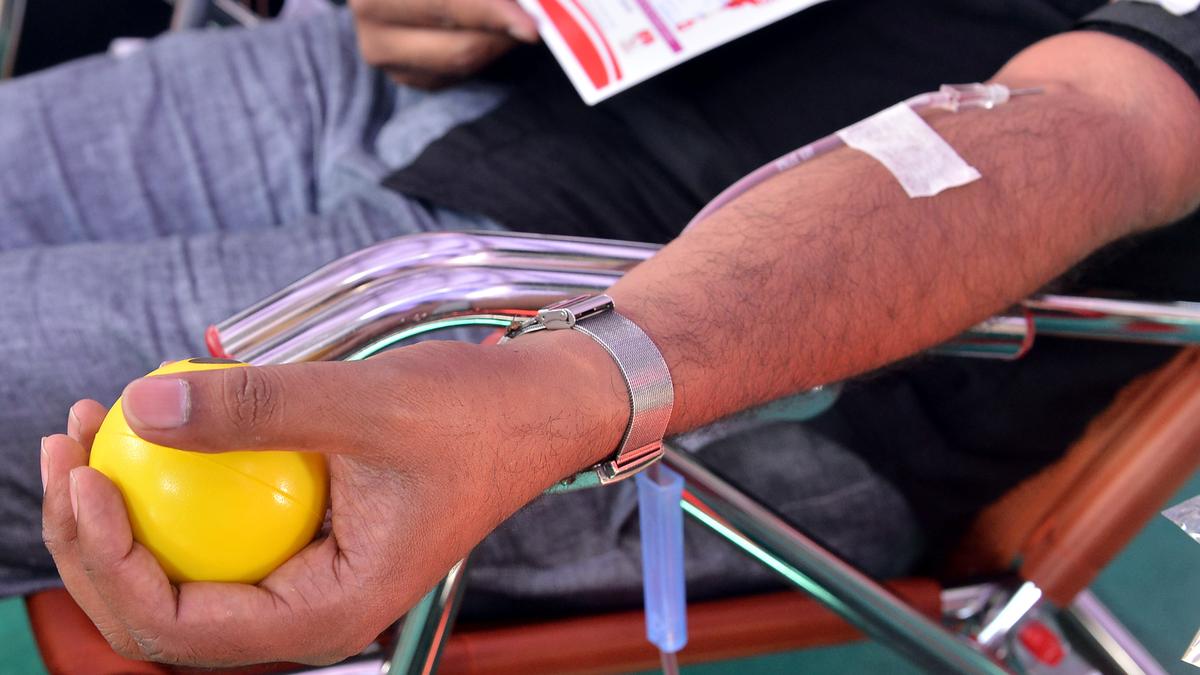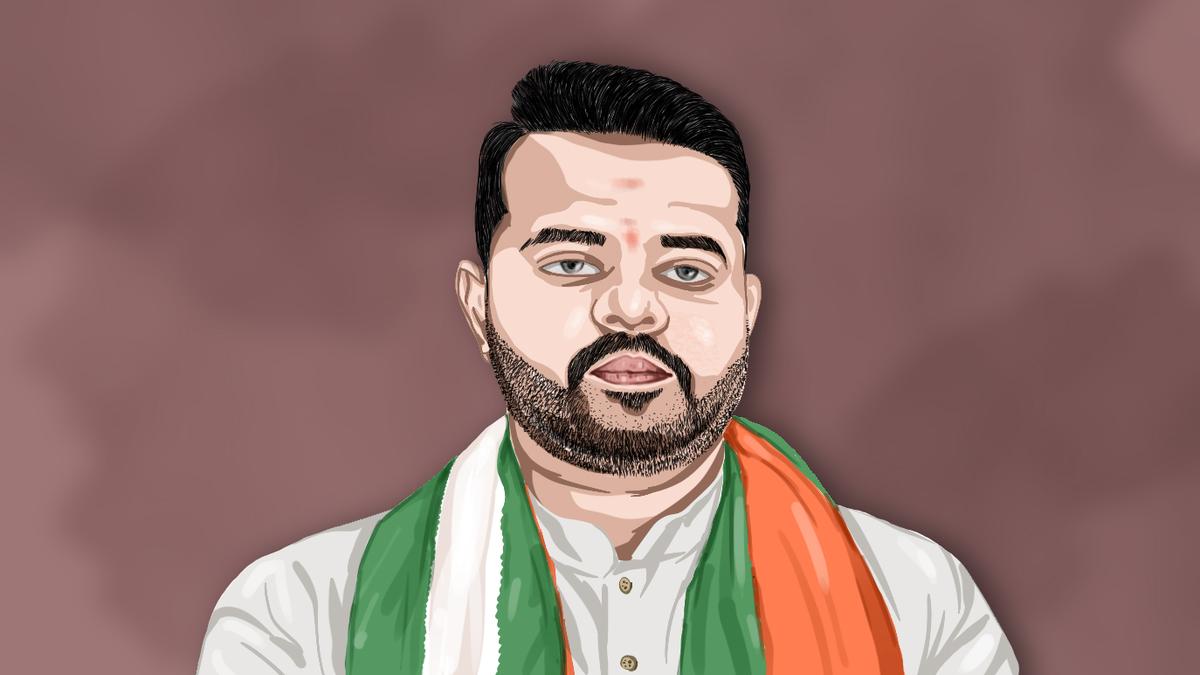The story so far: The Bharatiya Janata Party (BJP) secured its first Member of Parliament in the 18th Lok Sabha more than a month before the declaration of results, after party leader Mukesh Dalal was elected unopposed from the Surat constituency of Gujarat on Monday. The BJP walkover in Surat came a day after the nominations of the Congress candidates were rejected by the Election Commission (EC) while other nominees withdrew from the contest, leaving the ruling party’s nominee as the sole candidate in the race. Consequently, there will be no voting in the second-largest city of Gujarat in the ongoing polls.
Such unopposed electoral victories are relatively rare in the Lok Sabha elections. Since India’s inaugural general election in 1951-52, around 30 candidates have secured parliamentary polls and by-elections without facing any opposition. The victory of the Surat leader marks the first time a BJP candidate has won uncontested, and is also the first such incident in Gujarat’s electoral history.
Also read: Surat symptoms: On the BJP and the elimination of political contest
What is an uncontested election?
According to Section 53 of The Representation of the People Act, 1951, which deals with the procedure in contested and uncontested elections, if the number of contesting candidates is equal to the number of seats to be filled, the Returning Officer will declare all such candidates to be duly elected to fill those seats.
Simply put, a candidate wins a Lok Sabha constituency or Assembly seat or panchayat election uncontested, without the need for a vote, if they are the sole contender in that particular constituency.
The Election Commission explains “uncontested elections and unopposed returns” in detail in its handbook for Returning Officers. “If in any constituency there is only one contesting candidate, declare that candidate to have been duly elected immediately after the last hour for withdrawal of candidature. In that event, a poll is not necessary,” the handbook says. However, the rules add that the date mentioned in the declaration has to be the date on which the result of the election is declared and not the date on which the declaration is dispatched.
How common are such wins in Indian politics?
The phenomenon of uncontested elections has existed since 1951-52 when India elected its first Lok Sabha. The Congress has recorded the maximum number of uncontested victories, while Srinagar and Sikkim have witnessed such contests at least twice.
A total of five candidates won the general elections uncontested in 1951-52, and the 1957 polls saw the most unopposed winners. All seven candidates — D. Satyanarayana Raju (Rajahmundry, Andhra Pradesh), T.N. Viswanath Reddy (Rajampet, Andhra Pradesh), Sangam Lakshmi Bai (Vicarabad, Andhra Pradesh), Bijoy Chandra Bhagavati (Darrang, Assam), Mangrubabu Uike (Mandla, Madhya Pradesh), T. Ganapathy (Tiruchendur, Madras) and J. Siddananjappa H. (Hassan, Mysuru) — were from the Congress.
The subsequent 1962 elections saw three candidates getting elected uncontested. This included Congress veteran and former Finance Minister T. T. Krishnamachari, who was elected unopposed from the Tiruchendur seat.
There were two such instances in the 1977 elections. One such case each was recorded in the 1971 and 1980 general elections.
Jammu and Kashmir National Conference’s Mohammad Shafi Bhat was elected unopposed from the Srinagar constituency in the 1989 Lok Sabha polls. Former J&K CM and National Conference patron Farooq Abdullah registered a similar win from the constituency in the 1980 general elections.
As for Lok Sabha by-polls, one of the most notable unopposed victories is that of former Deputy PM Yashwantrao Balwantrao Chavan who was elected unopposed in the 1962 by-elections from the Nashik Lok Sabha constituency. In 2012, Samajwadi Party’s Dimple Yadav became the first woman elected unopposed in a by-election from Uttar Pradesh after her husband Akhilesh Yadav vacated the Kannauj seat upon assuming the role of the Chief Minister.
The only other candidate to achieve an uncontested victory from Uttar Pradesh was Congress leader Purshottam Das Tandon, who was elected unopposed from the Allahabad West constituency in 1952.
What led to the BJP’s walkover in Surat?
A total of 10 candidates filed nominations for the Surat Lok Sabha constituency, which was set to go to polls with the other 25 seats in the State on the third phase on May 7. On Sunday, the Returning Officer rejected the candidature of the main Congress candidate, Nilesh Kumbhani, citing discrepancies in the signature of the proposers. The nomination form of Suresh Padsala, the substitute candidate for the Congress, was also invalidated. The Returning Officer said that papers were rejected after the proposers of both candidates claimed that they did not sign the papers endorsing their candidature. Interestingly, all three proposers of Mr. Kumbhani were his relatives.
In another dramatic turn of events on Monday, eight candidates including four Independents and a BSP nominee withdrew their nomination papers on the last date forwithdrawal of candidature. This was followed by the district collector-cum-election officer declaring the sole remaining candidate, BJP’s Mukesh Dalal, elected to fill the Surat parliamentary constituency seat.
The unprecedented BJP walkover in Surat has drawn intense backlash from the Congress.
Today an @INCIndia delegation comprising of Dr. Abhishek Manu Singhvi, Shri Gurdeep Sappal, and Shrimati Supriya Shrinate met with the Election Commission of India at 4PM and put forward 16 complaints against the BJP and other actors for violations of The Representation of the… pic.twitter.com/AbAf0NVon8
— Jairam Ramesh (@Jairam_Ramesh) April 22, 2024Amid reports that the Congress candidate apparently “struck a deal with the BJP” to drop out of the race, the party alleged that the nomination forms of its main and substitute candidates were rejected at the behest of the BJP. The Congress has also urged the Election Commission to use its powers under Article 324 to set aside the order passed by the Returning Officer and cancel the Congress candidate’s nomination, or accept the nomination of the party’s backup candidate Suresh Padsala.
On the development, Congress leader Rahul Gandhi said it has put the “true face of the dictator” in front of the country. “Taking away the right of the people to choose their leader is another step towards destroying the Constitution of Baba Saheb Ambedkar,” Mr. Gandhi wrote on social media platform X.
तानाशाह की असली 'सूरत' एक बार फिर देश के सामने है!
जनता से अपना नेता चुनने का अधिकार छीन लेना बाबा साहेब अंबेडकर के संविधान को खत्म करने की तरफ बढ़ाया एक और कदम है।
मैं एक बार फिर कह रहा हूं - यह सिर्फ सरकार बनाने का चुनाव नहीं है, यह देश को बचाने का चुनाव है, संविधान की…

 1 week ago
101
1 week ago
101




